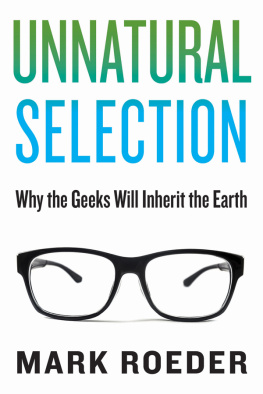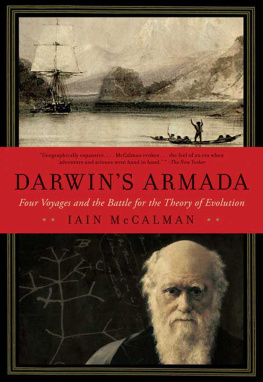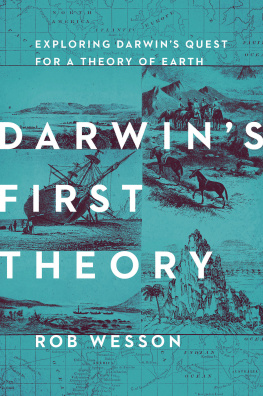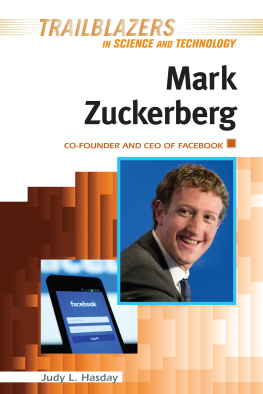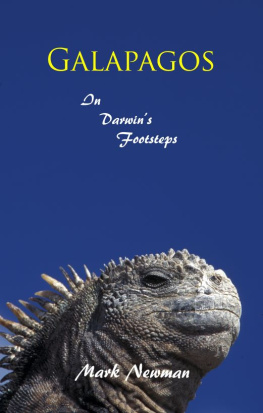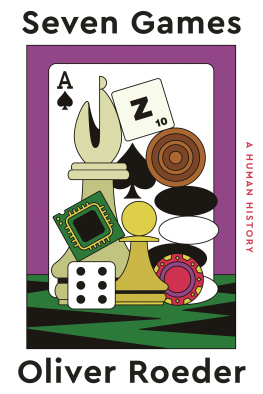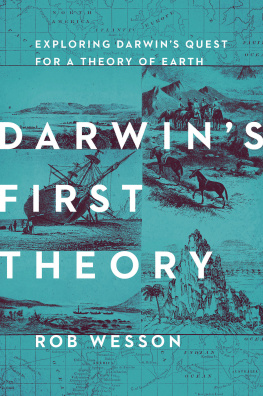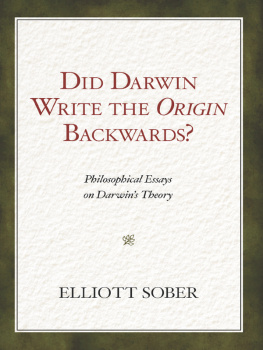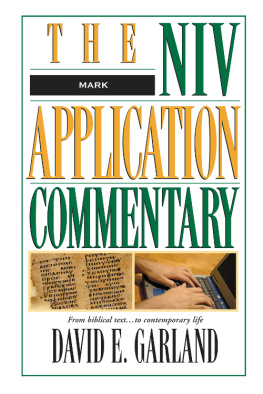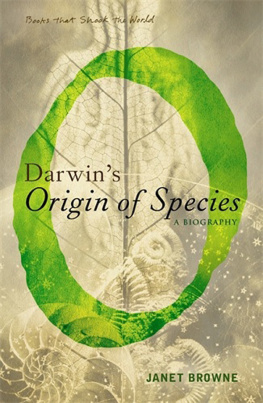Also by Mark Roeder:
The Big Mo: Why Momentum Now Rules Our World
Copyright 2013, 2014 by Mark Roeder
All rights reserved. No part of this book may be reproduced in any manner without the express written consent of the publisher, except in the case of brief excerpts in critical reviews or articles. All inquiries should be addressed to Arcade Publishing, 307 West 36th Street, 11th Floor, New York, NY 10018.
First North American Edition
Arcade Publishing books may be purchased in bulk at special discounts for sales promotion, corporate gifts, fund-raising, or educational purposes. Special editions can also be created to specifications. For details, contact the Special Sales Department, Arcade Publishing, 307 West 36th Street, 11th Floor, New York, NY 10018 or .
Arcade Publishing is a registered trademark of Skyhorse Publishing, Inc., a Delaware corporation.
Visit our website at www.arcadepub.com.
Visit the authors website at www.markroeder.net
10 9 8 7 6 5 4 3 2 1
Library of Congress Cataloging-in-Publication Data
Roeder, Mark.
Unnatural selection: why the geeks will inherit the earth / Mark Roeder. First North American edition.
pages cm
Includes bibliographical references.
ISBN 978-1-62872-435-6 (alk. paper)
1. ComputersSocial aspects. 2. Geeks (Computer enthusiasts) 3. Human evolution I. Title.
QA76.9.C66R63 2014
303.4834dc23 2014020002
Cover design by Anthony Morais
Cover photo credit: Thinkstock
Ebook ISBN: 978-1-62872-480-6
Printed in the United States of America
For Orlando and his generation
Contents
Introduction: The Gift of Weakness
There is a scene at the beginning of the Academy Awardwinning film The Social Network where a Harvard student declares, Im six feet five, 220 [pounds] and theres two of me! His name is Tyler Winklevoss and he is reassuring his twin brother, Cameron, that he is fully capable of annihilating a fellow student named Mark Zuckerberg, whom he accuses of stealing their idea to launch Facebook. The Winklevosses are a formidable pairthe products of a wealthy family; members of the US Olympic rowing team; and endowed with the chiselled Nordic features of modern-day Vikings. They are the sort of people not to mess with. Mark Zuckerberg, on the other hand, is relatively feeble, highly strung, and appears to suffer from an inability to maintain normal social relations. The odds are stacked against him.
By the end of the film, however, it is Zuckerberg who has soundly defeated the Winklevosses by retaining full control of Facebook, which becomes a runaway global success and transforms the way that over 1.3 billion people communicate and relate to each other. In the process, Zuckerberg becomes extraordinarily wealthythe youngest billionaire in the worldand a household name.
In many ways, the story of Mark Zuckerberg versus the Winklevoss twins is an ancient onea classic tale of David and Goliath. But its also a brand-new story with a twist. For the real hero of The Social Network film is not Zuckerberg, but something in the background and barely noticed. This hero is the actual environment in which the Harvard students are now operatinga world that has been transformed by digital communications. Every time the camera peeks into a dormitory or lecture theater or library, we see students glued to computer screens; checking their email, surfing the web or Googling. The university is a far cry from the bookish hallowed halls of yesteryear. It is now an Ivy League Internet caf.
It was this new environment that enabled someone like Mark Zuckerberg to succeed against the odds by turning his weakness into strength, and his disadvantages into competitive advantages. He didnt need family connections, or wealth or anyones permission to succeed; he could act freely without restraint. Conversely, this environment conspired against the more traditional strengths of the Winklevosses. The world had been turned upside down. The geek won.
In evolutionary terms, it would appear that this is an example of how humansin this case geeksrespond to a new environment. But its not that simple. For most of human history, our environment was driven by natural forces and governed by the laws of the jungle. It was an environment of predators, capricious weather, harsh conditions, scarce resources and a lack of shelter. These natural forces have shaped our history, explained Professor Iain Stewart, the renowned British geologist. In this primitive unforgiving world, the most valuable human traits related to physical strength, resistance to disease, endurance, animal cunning, resilience and brute force.
More recently, however, the environment has become a lot less natural and is increasingly dominated by man-made
In geological terms we have entered a new epoch called the Anthropocene, or Age of Man, in which, for the first time in human history, the most critical factor shaping our destiny is not the natural world but the man-made world. Whereas the previous Holocene epochwhich lasted 11,700 yearswas relatively stable in terms of mans impact on the Earth and its climate, this new age is the opposite. We now live in a world utterly transformed by the forces of industrialization, urbanization and technology. Dr. Jan Zalasiewicz of the University of Leicester, a leading researcher on the Anthropocene, explained to me, Our planet no longer functions the way it did. The climate, atmosphere, oceans and ecosystems are all moving beyond Holocene norms. Humanity is driving the Earth across an epoch boundary into some new, geologically novel state.
This book, Unnatural Selection , proposes that this new environment is not just affecting our physical world; it is also changing the way we are evolving as a species by immersing us in a technological greenhouse that favors characteristics and traits different from previous times. So many people who were once disadvantaged can now bloom; conversely, others who were previously gifted may now struggle; thus enabling, say, a Zuckerberg to triumph over a Winklevoss. Indeed, this transformation challenges some of our deepest beliefs about what it takes to survive and prosper. It may no longer be simply a case of survival of the fittest, because in the new epoch, it will sometimes be the least fit who will thrive. Their weakness can become a strength.
In fact, we now know that there are many common conditions and disabilities that, in the right environment, can bestow people with superior abilities. Consider, for example, dyslexia, which is the inability to read words accurately and is also known as word blindness. It afflicts millions of people worldwide, and sufferers usually face a lifetime of learning difficulty. But not always.
Some ingenious experiments conducted by two cognitive scientists at the Massachusetts Institute of Technology, Gadi Geiger and Jerome Lettvin, suggest that people with dyslexia often have perceptual skills that are superior to normal readers. In a New York Times article titled The Upside of Dyslexia, Annie Murphy Paul described how the scientists used a mechanical device for measuring visual comprehension, called a tachistoscope, to show that dyslexics are better at perceiving peripheral fields of vision, and can therefore rapidly take in a scene as a whole. They absorb the visual gist, which makes them better at interpreting large quantities of data and picking up patterns. This can give them an edge in certain high-tech professions. For example, when a group of astronomers were shown radio signaturesgraphs of radio wave emissions from outer spacethose with dyslexia could outperform their non-dyslexic colleagues in identifying the distinctive characteristics of black holes.

